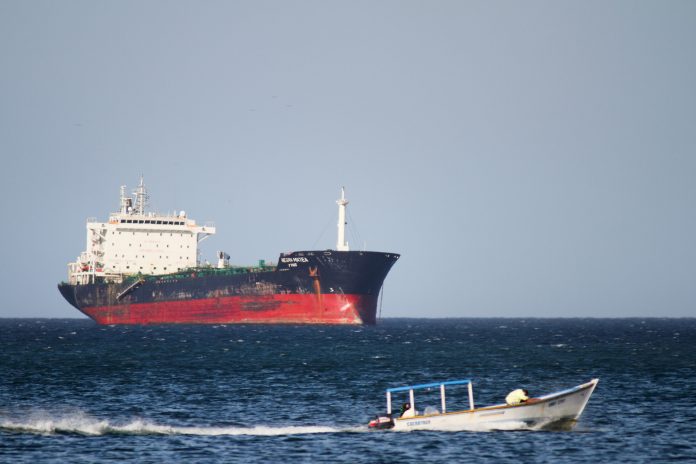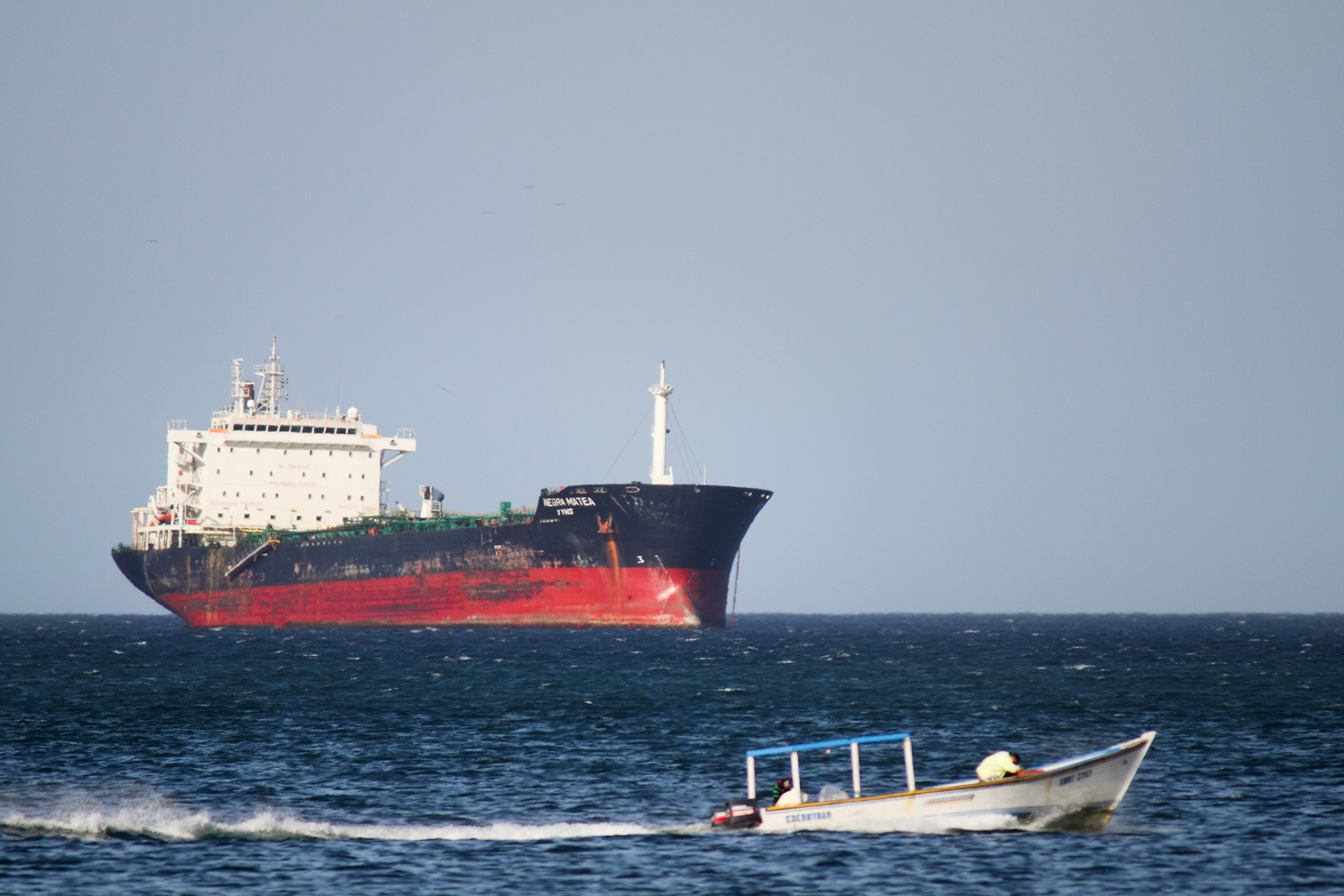
At its best the oil fleet of Petroleos de Venezuela (PDVSA) was made up of 21 vessels, of which 13 were Venezuelan-flagged, and 8 foreign but Venezuelan-owned.
Before the process of sanctions on the oil industry, these ships carried out their normal operations, transporting gasoline and removing oil from the industry’s inventories.
The ships always had to pick up the product and, unable to maintain its existing fleet, PDVSA had to resort more and more to foreign ships, leaving PDV Marina, like a graveyard, as a result of the inability to keep the fleet operational and cope with it. to the professional crews who abandoned an industry mired in the lack of competitiveness before foreigners.
Corruption schemes in PDVSA
Pdvsa already had a corruption scheme that wasted billions of dollars in the construction of 18 ships, in the project of a shipyard that never started, in the overprice in the purchase of four vessels from a Japanese company, in charters without support , loss of opportunity cost due to stranded ships, diversions and budget over-execution in oil tankers, launches and tugboats, in uncontrolled contracting, but the new modality that has constituted the bleeding of PDVSA was the delay in ports attributed to clients.
And in a way, the current protégés of the PDVSA Commerce and Supply mafia, as well as others who had been in the business for years, such as Alex Saab, Álvaro Pulido, Alejandro Arroyo, Majed Khalil or Miguel Silva, were obviously profiting , but they fattened a larger structure.
The big winner was PDVSA’s Vice President of Commerce and Quality Supply, Colonel Antonio Pérez Suárez, who for the last two years had been working with Erik Roveta, an Italian resident in Athens, from the broker services company Sernavimar SRL, who supplied and managed all the vessels to Alessandro Bazzoni and Joaquín Leal Jiménez, who in partnership with different Greek shipowners (Diamantis Diamantidis, George Moundreas, Panagis Zissimatos, among others) in turn leased the vessels to Alex Saab, Álvaro Pulido, Alejandro Arroyo , Majed Khalil and Miguel Silva.




The ship mafia
He mode of operation It consisted in that Rovetta, together with Pérez Suárez, loaded the first ships to the client in an expeditious manner, expediting the departure. Being the ships in international waters, they encouraged the client (name Alejandro Arroyo, Miguel Silva or whoever it was) through Erik Roveta to rent more ships by collateralizing the cargo of the former. The issue was that when these ships arrived in Venezuela, Colonel Pérez Suárez was in charge of delaying the cargo, generating extraordinary wait times until it was justified to keep the product from the first ship to cover the arrears of the second or third.
The delay of a VLLC ship per day costs up to 150,000 dollars, and the delay could last up to 20 days, with which they were obliged, or rather, they could pay up to five million dollars per ship. A VLLC loads two million barrels.
The clients were the intermediaries.
Some of the famous vessels that participated in this scheme were Cecilia, Kelly, Voyager, Berlina, Ada, Nikel, Delta, Ndros and Gent. And the companies involved, among others, were Swiss Oil Trading SA, Libre Abordo SA, Schlager Business, Group SdRL, Cosmo Resources PTE Ltd, Montmagastre Ventures Limited, Walker International DWC LLC, United Petroleo Corp, Five Oceans Ltd, Misil Group Ltd and Grupo Iveex. Insaat.
The issue was that a VLLC ship, the normal freight without delays, cost 20 million dollars because Venezuela was a sanctioned country. Under normal conditions, that same chartered ship cost 10 million dollars for Colombia, for example.
Pérez Suárez, earned both with the Venezuelan intermediaries, who received the product (a loaded VLLC had a product cost of up to 70 million dollars) and with the ship owners who had to deliver up to two million dollars per ship in commission, product of the delays caused, which reached up to 20 and 30 days.
Before, in PDVSA without sanctions, the delay was deducted from the state company, but in the sanctioned one, the delay was paid to the shipowners, ship owners.
